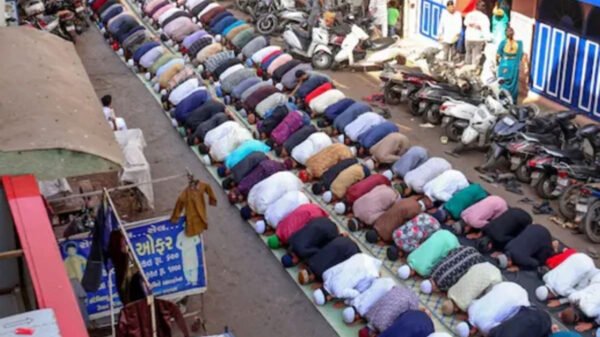ISLAMABAD: The Asian Development Bank (ADB) has reported that up to 70% of the serviced population in Pakistan did not pay their electricity bills. This issue was attributed to a combination of factors, including the inability of many citizens to afford the payments, as well as inefficiencies and widespread irregularities in the billing and collection processes.
In its report titled “Pakistan National Urban Assessment,” the ADB highlighted that the country’s inadequate tariff regime is a significant challenge undermining the financial sustainability of Distribution Companies (Discos).
This problem is particularly severe in rural areas, where 50% to 70% of the population serviced by Discos has failed to pay their electricity bills due to both affordability issues and operational inefficiencies.
The report also pointed out that the judicial system in Pakistan had exacerbated the situation. Courts have issued stay orders that delayed legal proceedings for up to a year, allowing those guilty of meter tampering and related offenses to pay minimal fines instead of facing harsher penalties, thus perpetuating the problem.
According to the ADB, K-Electric, the only privatized electricity company in Pakistan, was financially sustainable. Before its privatization, K-Electric had incurred significant losses, but it had since recovered and now operates solely on its revenue collections.
Despite considerable resistance, K-Electric succeeded in metering its extensive 6,500 km service area, which includes Karachi and five districts in Sindh and Balochistan. This effort reduced electricity theft and the associated income loss for the company.
Additionally, K-Electric managed to control losses from illegal connections in some areas through the implementation of load-shedding.
The ADB presented K-Electric’s successful model as an example, but political challenges and strong resistance from trade unions have hindered the privatization of other Discos in Pakistan.
In response, the government is considering segmenting utility operations and infrastructure expansion, potentially separating urban and rural areas to reduce costs and control losses. Another option under consideration is the public offering of Discos on the stock market, with the government retaining a majority of the shares.










